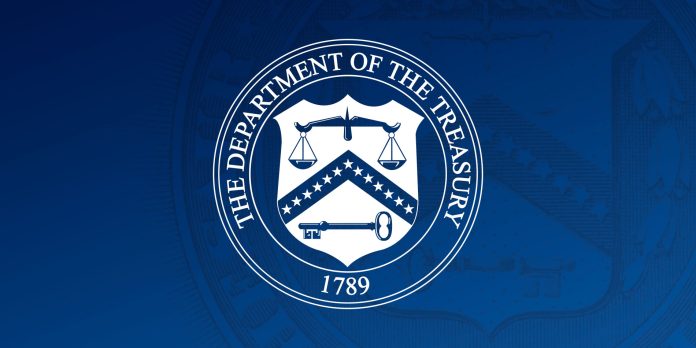Today, the U.S. Department of the Treasury’s Office of Foreign Assets Control (OFAC) sanctioned Ekaterina Zhdanova, a Russian national, for her role in laundering and moving funds using virtual currency on behalf of Russian elites. This action aims to close loopholes that allow the Russian state, its proxies, and oligarchs to leverage virtual currency to offset the impact of international sanctions.
Under Secretary of the Treasury for Terrorism and Financial Intelligence Brian E. Nelson stated, “Russian elites, ransomware groups, and other illicit actors sought to evade U.S. and international sanctions, particularly through the abuse of virtual currency. We remain focused on safeguarding the U.S. and international financial system against those who seek to exploit this technology.”
Zhdanova is a key gateway to the international financial system for Russian elites and ransomware actors. In March 2022, she assisted a Russian client in transferring over $2.3 million into Western Europe through a fraudulently opened investment account and real estate purchases.
Her services allow Russian individuals access to Western financial markets, in spite of U.S. and international prohibitions. Zhdanova utilizes entities that lack Anti-Money Laundering/Combatting the Financing of Terrorism (AML/CFT) controls, such as OFAC-designated Russian cryptocurrency exchange Garantex Europe OU (Garantex).
Zhdanova also uses traditional businesses and virtual currency to facilitate large cross border transactions. In one instance, she moved over $100 million on behalf of a Russian oligarch to the United Arab Emirates. Additionally, she provided United Arab Emirates tax residency services and possibly participated in obfuscating identities.
She has also laundered over $2.3 million of suspected victim payments on behalf of a Ryuk ransomware affiliate. Ryuk has targeted thousands of victims worldwide, including in the United States.
As a result of OFAC’s action, all property and interests in property of Zhdanova that are in the United States or in the possession or control of U.S. persons are blocked. Financial institutions and other persons that engage in transactions or activities with the sanctioned entity may expose themselves to sanctions or be subject to an enforcement action.
OFAC’s ultimate goal of sanctions is not to punish, but to bring about a positive change in behavior. The power and integrity of OFAC sanctions derive not only from its ability to designate and add persons to the SDN List, but also from its willingness to remove persons from the SDN List consistent with the law.
For more information, see OFAC’s Updated Advisory on Potential Sanctions Risk for Facilitating Ransomware Payments, OFAC’s Sanctions Compliance Guidance for the Virtual Currency Industry, and OFAC’s Frequently Asked Question 897.

